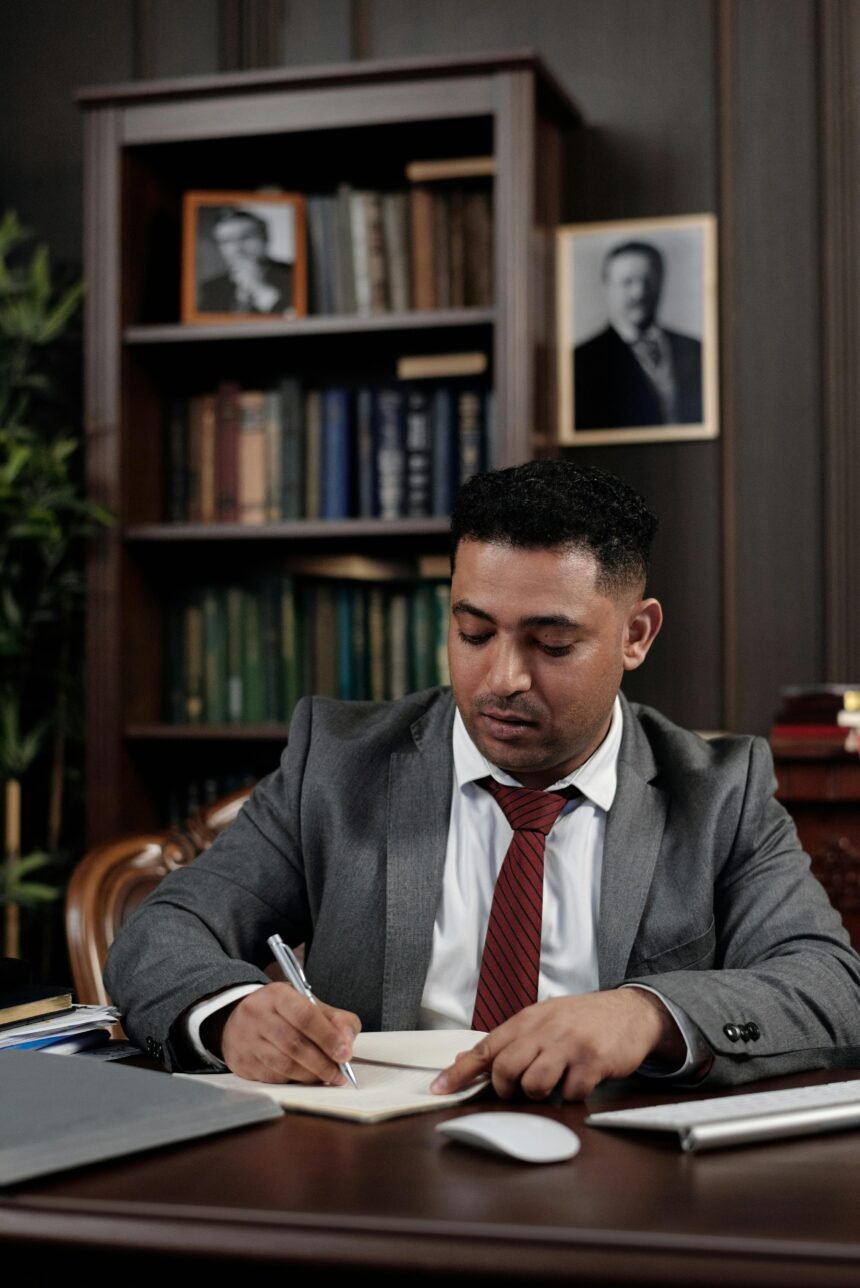The legal profession is governed by strict ethical and professional standards. Lawyers are expected to uphold integrity, honesty, and diligence in their practice. However, there are instances where attorneys face disciplinary actions, including suspension. When an attorney suspended from practice, it not only affects their career but also impacts clients, the legal community, and the justice system.

Understanding Attorney Suspension
Attorney suspension is a disciplinary action taken by legal regulatory bodies, such as bar associations or state supreme courts, to temporarily prohibit a lawyer from practicing law. This action is typically imposed due to professional misconduct, violation of legal ethics, or failure to comply with regulatory requirements.
Difference Between Suspension and Disbarment
- Suspension: A temporary prohibition from practicing law for a specific period. The attorney may be required to fulfill certain conditions to regain their license.
- Disbarment: A permanent revocation of the attorney’s license, preventing them from practicing law indefinitely.
Common Reasons for Attorney Suspended from Practice
Attorneys can be suspended from practice for various reasons, including:
1. Professional Misconduct
Legal professionals are bound by ethical standards set forth by bar associations. Any deviation from these standards can lead to disciplinary action. Common instances of professional misconduct include:
- Dishonest or fraudulent behavior
- Misrepresentation of facts
- Conflict of interest
- Failure to communicate with clients
2. Violation of Client Trust
Attorneys are entrusted with handling clients’ legal matters, finances, and sensitive information. Violating this trust can lead to suspension. Common trust-related violations include:
- Misappropriation of Client Funds: Using client funds for personal or unauthorized purposes.
- Breach of Confidentiality: Disclosing client information without consent.
- Failure to Return Client Funds or Documents: Not returning legal documents or settlements owed to clients.
3. Criminal Convictions
An attorney convicted of a crime, particularly one involving fraud, dishonesty, or moral turpitude, may face suspension. Crimes that often lead to disciplinary actions include:
- Fraud or embezzlement
- Drug offenses
- Domestic violence
- Driving under the influence (DUI)
4. Failure to Comply with Continuing Legal Education (CLE) Requirements
Many jurisdictions require attorneys to complete CLE courses to stay updated on legal developments. Failure to fulfill CLE requirements can result in suspension until compliance is met.
5. Neglect of Legal Responsibilities
Attorneys who fail to diligently handle their clients’ cases, miss court deadlines, or show repeated negligence in their legal duties may face disciplinary action.
6. Failure to Pay Bar Dues or Fees
Attorneys must pay bar association fees to maintain their license. Non-payment of dues can lead to administrative suspension.
7. Substance Abuse and Mental Health Issues
Substance abuse or mental health issues that impair an attorney’s ability to competently represent clients may lead to suspension. Many bar associations provide support programs for rehabilitation.
Consequences of Attorney Suspension
The suspension of an attorney carries significant consequences, including:
1. Impact on Career and Reputation
A suspended attorney faces reputational damage that can impact future employment opportunities and client trust.
2. Financial Hardship
Since a suspended attorney cannot practice law, they lose their primary source of income, which can lead to financial difficulties.
3. Client Disruption
Clients who relied on the attorney for legal matters may face delays or disruptions in their cases, requiring them to find new legal representation.
4. Mandatory Conditions for Reinstatement
In many cases, attorneys must fulfill certain conditions to be reinstated, such as:
- Completing ethics courses
- Repaying misappropriated funds
- Providing proof of rehabilitation (in cases of substance abuse or criminal convictions)
5. Future Scrutiny
Even after reinstatement, a previously suspended attorney may be under increased scrutiny from the bar association and legal community.
Legal Remedies and Reinstatement Process
Suspended attorneys have legal options to contest the suspension or seek reinstatement. The process typically includes:
1. Appealing the Suspension
An attorney may challenge the suspension by appealing to the state bar or supreme court, arguing that:
- The penalty was excessive
- Due process was not followed
- There was insufficient evidence of misconduct
2. Completing Rehabilitation Programs
For attorneys suspended due to substance abuse or criminal activity, completing rehabilitation programs or probationary conditions may help in reinstatement.
3. Fulfilling Bar Requirements
Attorneys suspended for non-payment of dues, failure to meet CLE requirements, or administrative lapses can regain their license by fulfilling the required obligations.
4. Petitioning for Reinstatement
Attorneys who have completed their suspension period must submit a petition for reinstatement. The petition typically requires:
- Proof of compliance with suspension conditions
- Letters of recommendation from legal professionals
- A hearing before a disciplinary board
How Clients Can Protect Themselves
Clients should take precautions when hiring legal representation to avoid complications if their attorney is suspended. Here are some steps clients can take:
1. Verify the Attorney’s License
Clients should check an attorney’s status through the state bar association’s website.
2. Monitor Case Progress
Regularly following up on the case status and requesting updates from the attorney can help prevent issues related to negligence.
3. Understand Retainer Agreements
A well-defined agreement should include provisions on what happens if the attorney is unable to continue representing the client.
4. Seek a Second Opinion
If clients suspect misconduct, they should seek a second legal opinion or report concerns to the bar association.
Conclusion
An attorney suspended from practice faces severe professional, financial, and reputational consequences. While suspension serves as a disciplinary measure to uphold ethical standards, it also provides an opportunity for attorneys to rectify their mistakes and seek reinstatement. Clients, on the other hand, should remain vigilant when choosing legal representation to safeguard their interests. By understanding the causes, consequences, and legal remedies related to attorney suspension, both attorneys and clients can navigate the legal landscape more effectively.
Also Read : The U.S. Justice System vs. the Rest of the World: Comparision View








